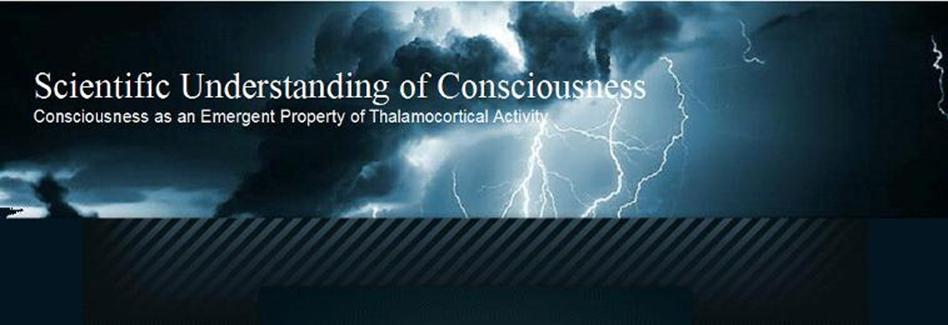
|
Hippocampal CA2 region is essential for Social Memory
Nature 508, 88–92 (03 April 2014) The hippocampal CA2 region is essential for social memory Frederick L. Hitti & Steven A. Siegelbaum Department of Neuroscience, Kavli Institute, College of Physicians and Surgeons, Columbia University 1051 Riverside Drive, New York, New York 10032, USA Department of Pharmacology, Howard Hughes Medical Institute, College of Physicians and Surgeons, Columbia University 1051 Riverside Drive, New York, New York 10032, USA [paraphrase] The hippocampus is critical for encoding declarative memory, our repository of knowledge of who, what, where and when. Mnemonic information is processed in the hippocampus through several parallel routes involving distinct subregions. In the classic trisynaptic pathway, information proceeds from entorhinal cortex (EC) to dentate gyrus to CA3 and then to CA1, the main hippocampal output. Genetic lesions of EC and hippocampal dentate gyrus, CA3 and CA1 regions have revealed their distinct functions in learning and memory. In contrast, little is known about the role of CA2, a relatively small area interposed between CA3 and CA1 that forms the nexus of a powerful disynaptic circuit linking EC input with CA1 output. Here we report a novel transgenic mouse line that enabled us to selectively examine the synaptic connections and behavioural role of the CA2 region in adult mice. Genetically targeted inactivation of CA2 pyramidal neurons caused a pronounced loss of social memory—the ability of an animal to remember a conspecific—with no change in sociability or several other hippocampus-dependent behaviours, including spatial and contextual memory. These behavioural and anatomical results thus reveal CA2 as a critical hub of sociocognitive memory processing. The importance of human hippocampus for social memory is famously illustrated by the case of Henry Molaison (patient H.M.), who, after bilateral medial temporal lobe ablation, could not form new memories of people he had worked with for years. Lesions limited to the hippocampus also impair social memory in both humans and rodents. Because several neuropsychiatric disorders are associated with altered social endophenotypes, our findings raise the possibility that CA2 dysfunction may contribute to these behavioural changes. This possibility is supported by findings of a decreased number of CA2 inhibitory neurons in individuals with schizophrenia and bipolar disorder, and altered vasopressin signalling in autism. Thus, CA2 may provide a new target for therapeutic approaches to the treatment of social disorders.
Return to — Hippocampus Return to — Autobiographical Memory |